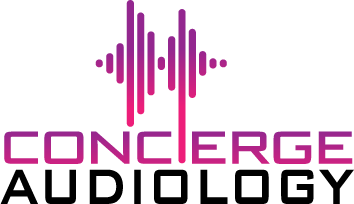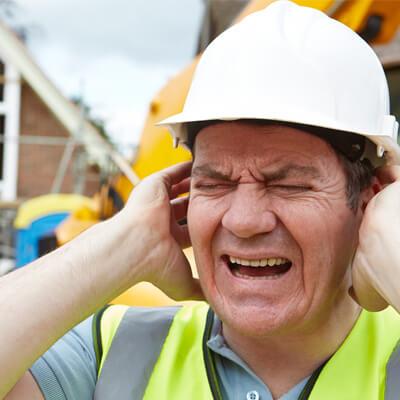Facts about Noise-Induced Hearing Loss
Approximately 40 million American adults may have hearing loss resulting from noise exposure. ” Noise-induced hearing loss is caused by damage to the hair cells found in Hair cells are small sensory cells that convert the sounds we hear (sound energy) into electrical signals that travel to the brain. Once damaged, our hair cells cannot grow back, which results in permanent hearing Ioss.
Hearing protection decreases the intensity, or loudness of noise and helps preserve your hearing.
Harmful sounds are those that are too loud and last too long or are very loud and sudden.- For example, exposure to a one-time intense “impulse” sound such as an explosion, or continuous exposure to loud sounds over an extended period of time such as at a concert may be harmful. The louder the sound, the shorter the amount of time you can safely be around it.
You may encounter harmful sounds at work, at home, and during recreational activities. If you work in a hazardous noise environment, speak to your supervisor or compliance officer about OSHA recommendations on your amount of noise exposure.
Sound is dangerous if:
- You have to shout over background noise to be heard
- The noise is painful to your ears
- The noise makes your ears ring
- You have decreased or “muffled” hearing for several hours after exposure
Noise-induced hearing loss can be caused by sudden or prolonged exposure to any sound over 85 dB. Sound loudness is measured in units called decibels (dB).
| 60 dB | Normal conversations, dishwashers |
| 80 dB | Alarm clocks |
| 90 dB | Hair dryers, blenders, lawnmowers |
| 100 dB | MP3 players at full volume |
| 110 dB | Concerts (any music genre), car racing, sporting events |
| 120 dB | Jet planes at take off |
| 130 dB | Ambulance, fire engine sirens |
| 140 dB | Gun shots, fireworks, custom car stereos at full volume |
Protect your hearing:
- Wear hearing protection when around sounds louder than 85 dB: There are different types of hearing protection such as foam earplugs, earmuffs, and custom hearing protection devices
- Contact your local audiologist for custom hearing protection devices. These include special hearing protection for musicians and hunters.
- Turn down the volume when listening to the radio, television, MP3 player, or anything through earbuds and headphones.
- Walk away from the noise.
Role of Audiologists
Audiologists identify, diagnose, and provide hearing for treatment options for patients with hearing loss and dizziness. They work closely with physicians, when necessary, and are an important part of the management team.
Concierge Audiology, LLC
853 Main Street, Suite A
Safety Harbor, FL 34695
Telephone: (800) 927-0996
Fax: (727) 474-0157
ConciergeAudiologyFL@gmail.com
www.ConciergeAudiologyFL.com

